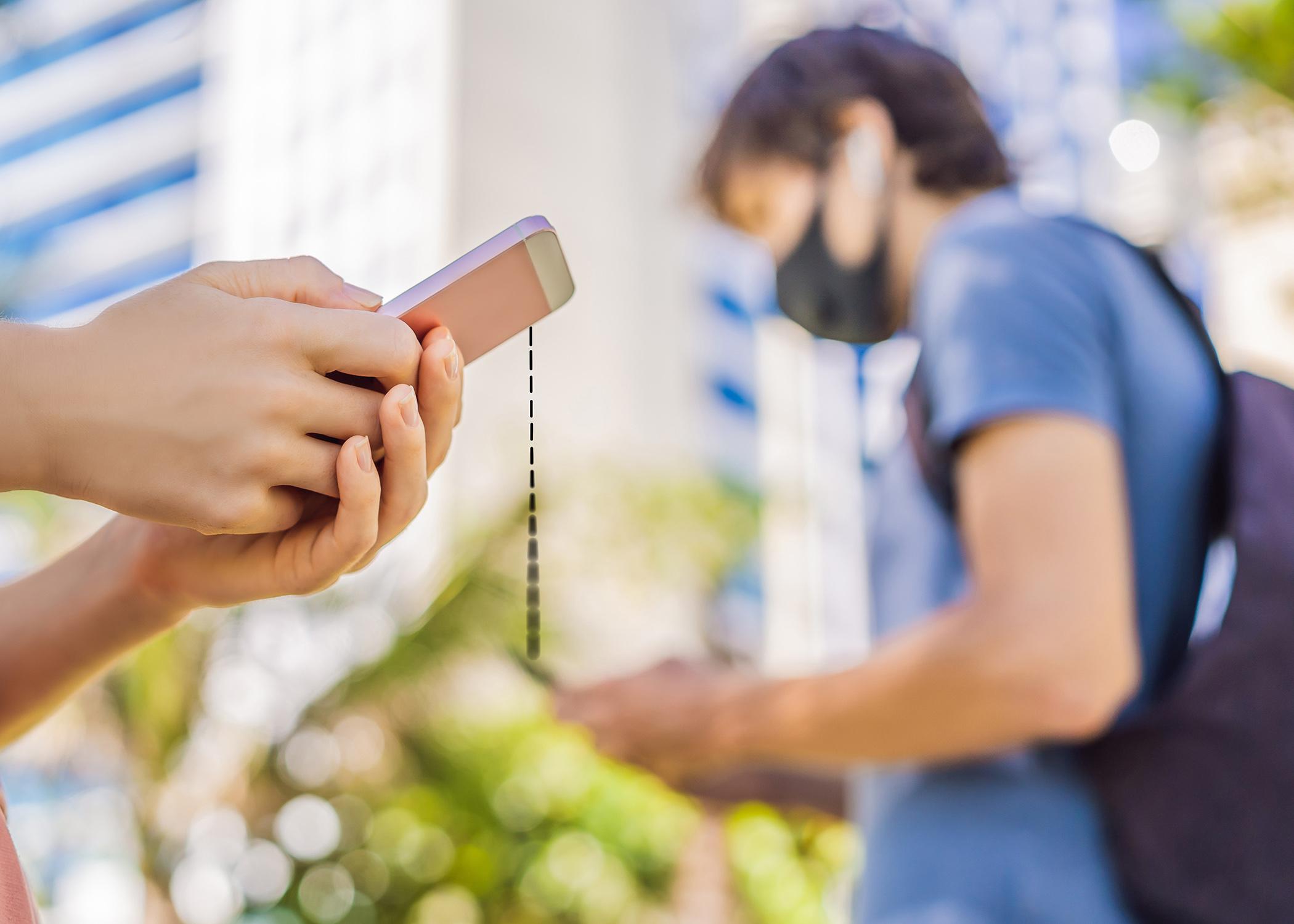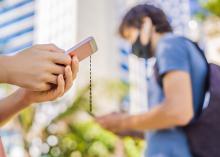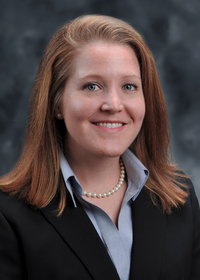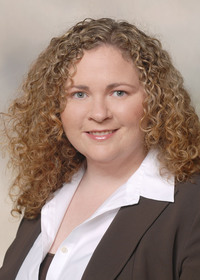Information Possibly Outdated
The information presented on this page was originally released on August 11, 2020. It may not be outdated, but please search our site for more current information. If you plan to quote or reference this information in a publication, please check with the Extension specialist or author before proceeding.
Cooperate with contact tracing inquiries
STARKVILLE, Miss. -- Students returning to universities, colleges and grade schools in the era of COVID-19 may eventually get calls or messages as part of a process called contact tracing.
Contact tracing and case investigations are disease control techniques health professionals use to determine how someone may have contracted the coronavirus and notify people who could have been exposed to it through that person.
“The point of this process is that you would give anyone who comes in contact with someone who has tested positive an opportunity to be tested themselves, treat it if needed and quarantine so they don’t infect others,” said Will Evans, head of the Mississippi State University Department of Food Science, Nutrition and Health Promotion.
Phone calls are a common method health professionals use to contact trace someone with a confirmed case of COVID-19 or a person who may have been exposed. Students in schools and universities may also be encouraged to download a contact tracing smartphone app, which can be used to let them know if they have been in contact with someone who has tested positive.
Evans reiterated that all information patients share with health professionals will be kept private.
“Students need to be aware of their surroundings and practice the safety measures they’ve been taught as they return to school to prevent a spread in either direction,” Evans said. “If a health professional calls to ask you where your child has been and who they’ve been around, encourage cooperation and honesty. This is not about telling on your friends. It’s about trying to keep schools open and preventing outbreaks.”
Case investigations may also be conducted for some who test positive for the virus. In these scenarios, health officials work with a patient to determine where they were when and after they began feeling sick and to identify people they have been around so they can be warned.
“That language -- case investigation -- sounds scary, but it shouldn’t be. Just think of it as a conversation to help keep your friends, family and neighbors safe,” said David Buys, state health specialist with the MSU Extension Service. “Even if a person with a COVID-19 diagnosis doesn’t develop significant symptoms, they may be contagious, even before they were diagnosed. Contact tracing helps a health professional know when and how to best help those ‘contacts’ stay safe and healthy and alert them to what they may need to watch out for or if they should go get tested.”
Tracers may also email, text or visit a residence to collect information. Be on the lookout for scammers who ask for anything more than a name and address, health information and the names of places and people visited. Legitimate health staff will not ask for money or personal information such as a Social Security or credit card number.







